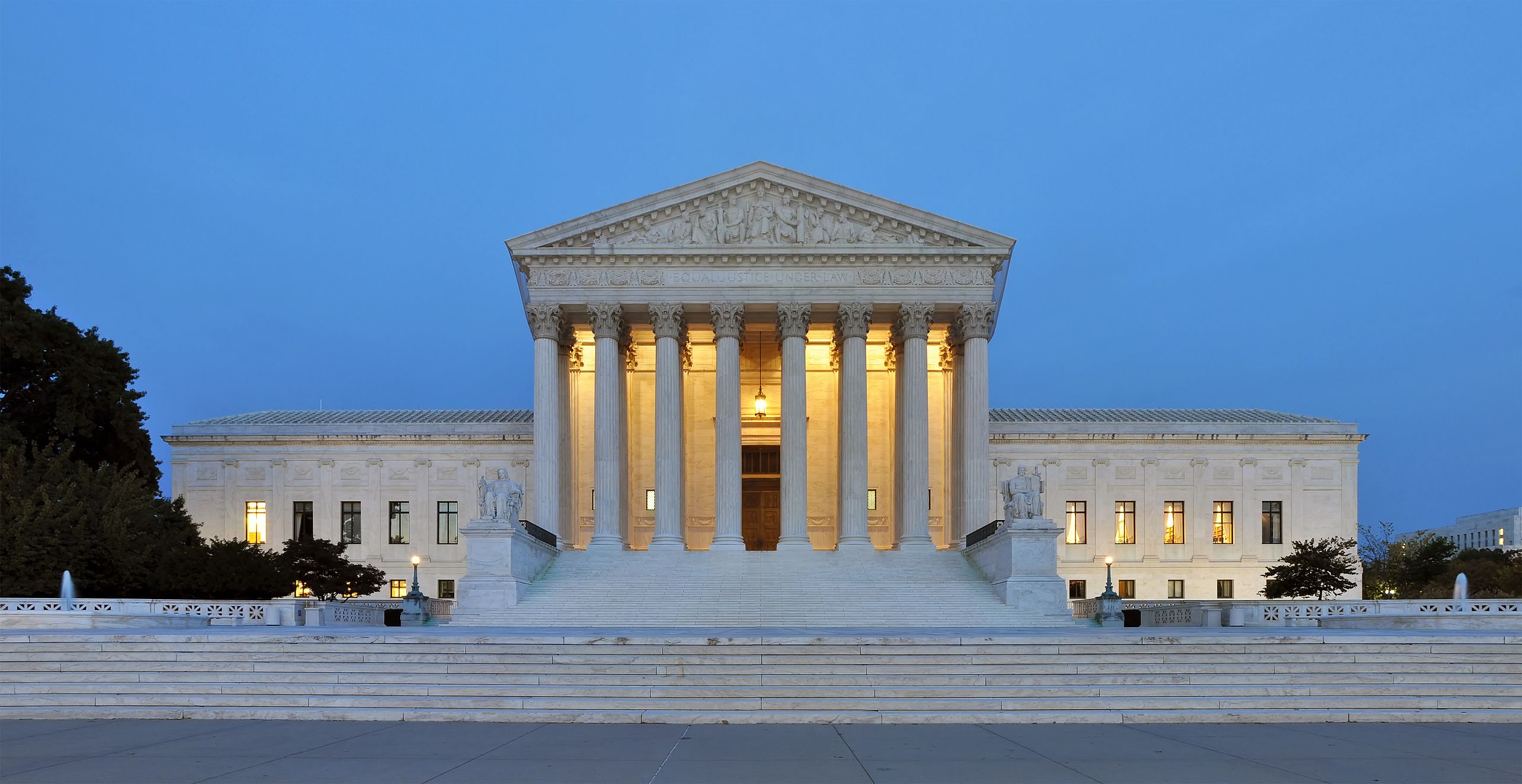First (Amendment) Things First
The smarter way to stay on top of the multichannel video marketplace. Sign up below.
You are now subscribed
Your newsletter sign-up was successful
NCTA–The Internet & Television Association wants the U.S. Supreme Court to recognize the First Amendment burden of public, educational and government (PEG) channels when it weighs in on a case involving a programmer and the manager of a New York PEG channel.

At issue: Does a public-access programming producer have a First Amendment right to have that programming aired on a PEG channel, in this case a channel run by Manhattan Community Access?
In an amicus brief, NCTA said the case can’t be considered without acknowledging the First Amendment rights of the cable operator, which owns the network over which both sides argue they should be able to exercise control.
“While the question of whether the PEG-channel requirement is itself constitutional is not directly before this court, it is the backdrop against which this court is deciding the actual questions presented here,” NCTA told the court. “Regardless of how the court comes out on these questions, the First Amendment rights of cable operators will continue to be burdened. The court should recognize that fact in its opinion and should make clear that in resolving this case, the court is not implying or deciding that the PEG-channel requirement is itself constitutional.”
NCTA wants the PEG “forced speech” mandate to go away, as well as the TV station must-carry mandate. It has long argued that the justification for such mandates, that cable is a program-access bottleneck, no longer holds — if it ever did — because of the proliferation of outlets for content.
In the face of that changed circumstance, NCTA tells the court, cable should not be “subject to onerous carriage obligations that place them at a competitive disadvantage based on outdated evaluations of the market in which they operate.”
Whichever way the court rules, NCTA says, cable operators will come out on the short end, so the court should not make it a triple loss by presuming the PEG mandate is constitutional.
The smarter way to stay on top of the multichannel video marketplace. Sign up below.
“If the court rules for petitioners, it will further cement petitioners’ control over channel capacity that rightly belongs to cable operators,” NCTA said. “And if the court rules for respondents, it means that no one will have the right to exercise editorial discretion over the programming carried on PEG channels, increasing the risk that they will carry programming that is not only of little interest or value to a cable operator’s customers, but also is offensive to those customers.”
Contributing editor John Eggerton has been an editor and/or writer on media regulation, legislation and policy for over four decades, including covering the FCC, FTC, Congress, the major media trade associations, and the federal courts. In addition to Multichannel News and Broadcasting + Cable, his work has appeared in Radio World, TV Technology, TV Fax, This Week in Consumer Electronics, Variety and the Encyclopedia Britannica.

